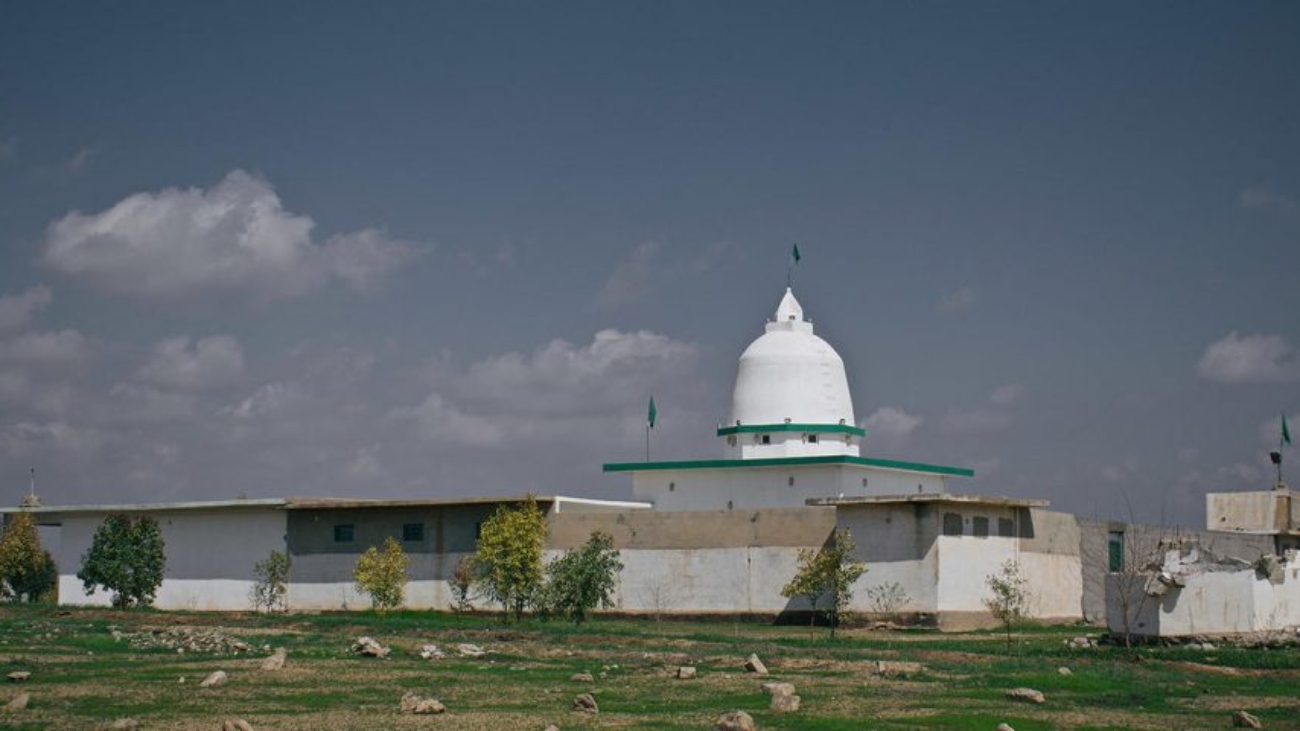The country’s diversity must be protected as ISIS continues its onslaught against minority communities.
This piece was originally published on the USIP website https://www.usip.org/
Amid the global pandemic, ISIS and the havoc it still wreaks have largely fallen out of the headlines. Nonetheless, the terrorist group’s genocidal march against Iraqi minorities has continued. In Iraq’s eastern Diyala province, ISIS has targeted the Kakai minority with multiple, vicious attacks. The plight of the Kakai community in Iraq is a microcosm of the larger existential challenges Iraq faces. Ethnic and sectarian divides have been a flash point for conflict and division for decades. For Iraq to move past the wreckage of ISIS, prevent the terrorist group’s resurgence, and advance its struggling democracy, the Kakai must not only be protected but woven more meaningfully into the diverse tapestry that is Iraq—and the United States has the opportunity to help.
Kakai Face Repression for Decades
The Kakai community practices Yarsanism, a syncretic religion mostly practiced in Iraq and Iran. In Iraq, they number between 100,000 and 250,000 and are mostly found in Kirkuk, Diyala, Erbil, Ninewa, and Sulaymaniyah provinces. Since early 2020, mortar strikes and targeted assassinations have pushed many Kakais to flee their homes and seven of their villages been abandoned. In late March, Kakai tombs in the Ninewa and Kirkuk governorates were destroyed by unknown persons. Dozens were murdered or wounded in May and June when gunmen reportedly connected to the Islamic State slaughtered defenseless civilians.
But the Kakais’ suffering did not begin with ISIS—their status as non-Muslims with Kurdish affiliation (although disputed by a minority of Kakais) exposed the community to persecution. Saddam Hussein’s infamous Arabization campaigns saw Kakais’ land confiscated and distributed to Arabs and Muslim Kurds. The conflict over land that followed continues to be a root driver of conflict between Arabs, Muslim Kurds, and the Kakai community. Like all Iraqi minorities, the Kakais continued to suffer after 2003, facing the repression of their culture, language, and identity to near extinction.
The decades-old repression of Kakais demonstrates their acute vulnerability and lack of protection by any security actor in Iraq. This is due, in part, to the fact that these attacks have occurred in territory disputed by the Iraqi central government and Kurdistan regional government, where the resulting security void was exploited by ISIS to build up its presence.
Increasing Representation
The lack of Kakai representation and co-optation by larger actors in the political sphere has further crippled the small community. Although there is Kakai representation on local councils and the Kurdistan parliament has one Kakai member, there is no quota in either the Iraqi or Kurdistan parliament for the community as for other minority groups such as Christians or Sabean-Mandaeans.
Kakai activists know that increased representation will not solve all their community’s issues overnight; however, they hope that an elevated platform to raise their concerns could bring attention to their ongoing plight and lead to discussions on how to prevent their extinction, a concern many Christians and Yazidis in Iraq have as well. Knowing that resolving the status of the disputed territories—through permanent or temporary arrangements—is a long way off, activists have sought to pick lower hanging fruit.
Given the United States’ commitment to religious freedom and desire to deny ISIS the possibility to re-emerge, it should work with the Iraqi government to prioritize the rehabilitation, preservation, and representation of the country’s vulnerable religious and ethnic minorities. Prime opportunities to discusses these issues are coming up, including during the upcoming U.S.-Iraq Strategic Dialogue and visit of Iraqi Prime Minister Mustafa al-Kadhimi to Washington, D.C.
In addition to pushing for increased Kakai representation in the Iraqi and Kurdistan parliaments, the United States can offer its support to the government to increase police or army presence around Kakai settlements and farms that are frequently targeted by ISIS or push for increasing recruitment of Kakais into formal armed groups to defend themselves. The United States can continue to offer assistance and push for the implementation of joint security mechanisms between Iraqi and Kurdish forces at patrols, checkpoints, and headquarters, previously implemented by the U.S. military in 2009-11. Several Kakai activists believe this could undercut ISIS’s ability to target their community.
Building Democracy Through Diversity
Although Iraq and the Kurdistan region are grappling with several existential struggles, numerous studies have shown how diversity bolsters both democracy and economic growth. Cultural diversity and tolerance can drive economic progress by preventing stagnation in civil institutions and the intellectual sphere. To be sure, Iraq and the Kurdistan region also have a national security imperative in helping minorities—including Kakais—as supporting and involving them in the search for solutions can ensure social cohesion and deny ISIS safe havens to expand their operations.
The international community, Iraqi central government, Kurdistan region, provincial and district governments, and armed groups would be wise to work with the Kakai community, and other minority communities, to seek solutions to their issues in order to preserve one of Iraq’s key characteristics and untapped advantages. By preserving its diversity and protecting its minorities, Iraq might be also capable of addressing its existential problems: ethnic and sectarian divides.

